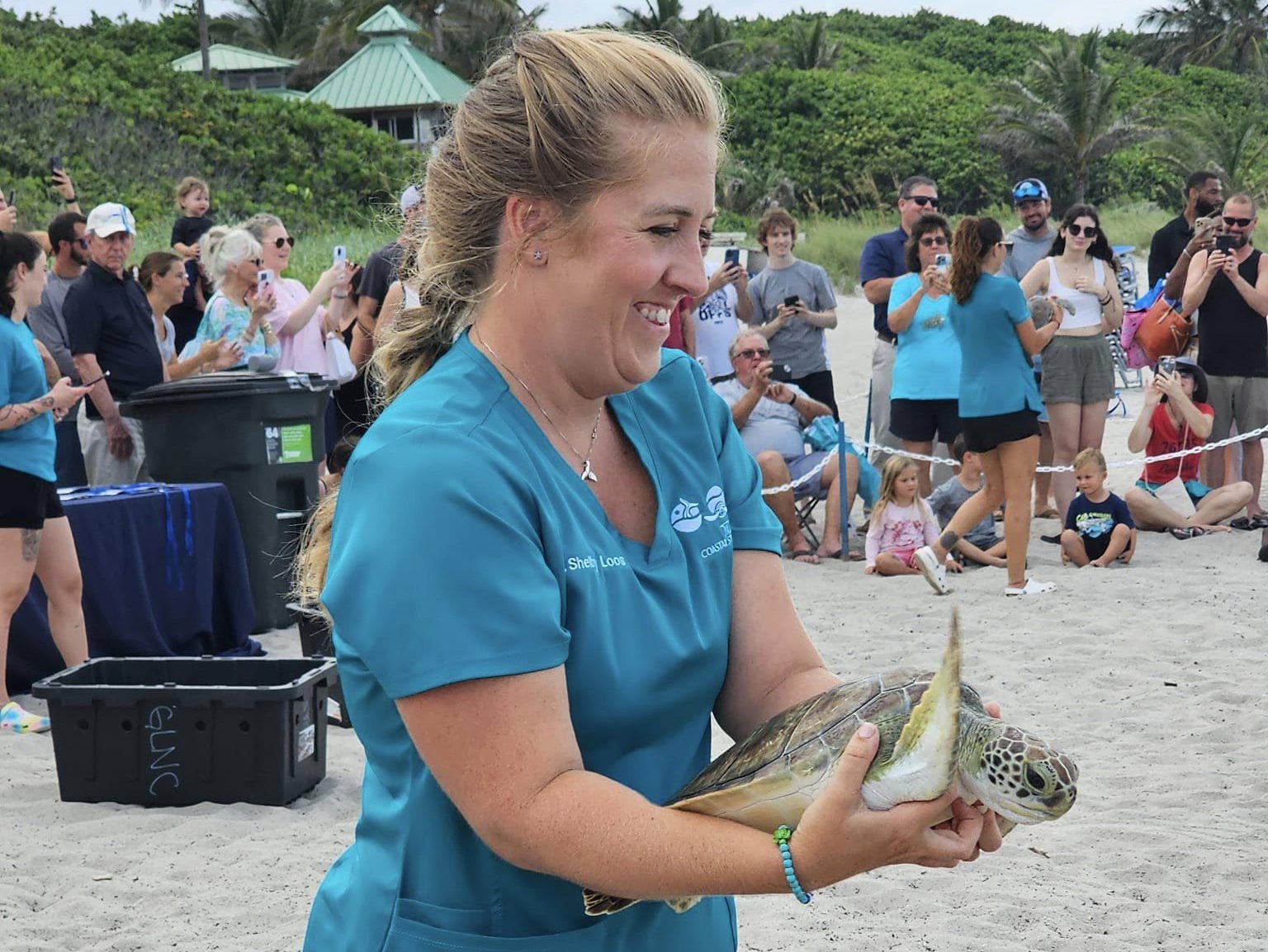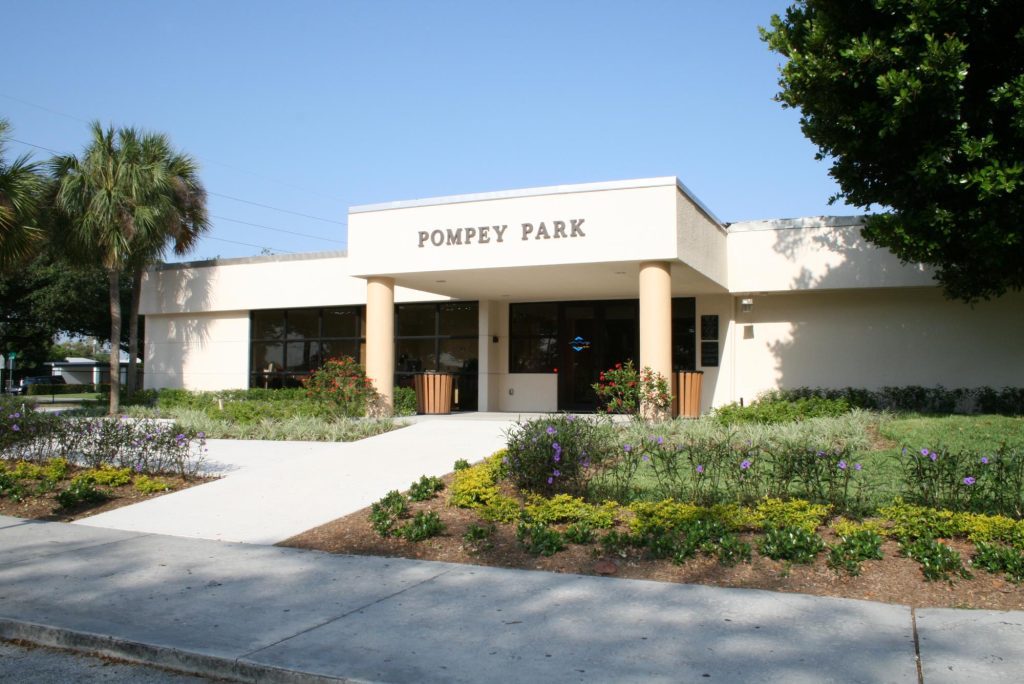Members of the Boca Raton City Council have sought an outside opinion as they review the plan for a proposed performing arts center in Mizner Park.
At the council’s direction, City Manager George Brown recruited CBRE, the global commercial real estate services firm, to examine the proposal from The Center for Arts & Innovation (TCAI.) CBRE, which has an office in Boca Raton, will opine on the cost estimate and design for the project. It would go on the vacant parcel of city-owned land next to the amphitheater, which would become part of the center.
Council members, acting as the Community Redevelopment Agency, hold their next meeting about the center at 1:30 p.m. Monday. They asked for the help because most of them—especially the newer members—are skeptical about what they are hearing from TCAI. Councilman Marc Wigder noted that the original estimate of $95 million from two years ago has not been updated. “I am concerned. At this point, I would be a no [vote],” he said.
Two weeks ago, the council delayed this vote on whether to grant preliminary approval of the plan. Council members must determine if the new design adheres to what TCAI presented when the council approved the lease of the site—Mizner Park’s northeast corner—in September 2022.
In a memo, the staff recommended approval. But staff members also noted significant changes to the original plan—such as an underground parking garage—that TCAI would need to address when submitting its formal development application. That would happen next.
Private money would finance and operate the center. But if the project did not become self-sustaining, the city might have to take it over. That happened with the amphitheater. Boca Raton hardly could repurpose such a uniquely designed building.
Under the lease, TCAI must meet regular fundraising goals, to assure the city of the project’s solvency. TCAI met the first goal a year ago. The deadline for the next one is Tuesday.
Failure to meet those goals could allow the city to walk away from the deal. The council also has that option if members believe that the new plan does not meet the spirit of the original.
But how much weight will the council give to the consultant? CBRE enters the debate very late. A previous council rejected the staff recommendation to hire one earlier.
“That’s the existential question,” Wigder said. He believes that the contract with TCAI needs more “flexibility.” Two weeks ago, he proposed amending the agreement, which would have pushed back all the deadlines. Wigder got no takers.
Councilwoman Fran Nachlas said of the consultant’s role, “It’s a great question.” If the consultant and TCAI disagree on, say, the cost estimate, Nachlas said, she is inclined to side with the consultant. “I’m hopeful” about the project, “but we have to watch out for the taxpayers’ interest.”
I’ll have more after the meeting.
Coastal Stewards thriving in Gumbo Limbo role

Vindication has come for Boca Raton and the non-profit group that operates the sea turtle rehabilitation and conservation program at Gumbo Limbo Nature Center.
The Palm Beach Post reported that last month the Gumbo Limbo facility received seven adult turtles and 20 hatchlings from Clearwater Marine Aquarium near Tampa. The transfer happened in advance of Hurricane Helene, which caused significant damage along the state’s Gulf coast.
Nineteen months ago, the city and the Coastal Stewards agreed that the group would take over the program, which had been using some city employees. Though Boca Raton still operates much of Gumbo Limbo, the city wanted out of the sea turtle business. The Stewards also thought that they would benefit from the new role.
At the time, criticism was fierce. Sea turtle advocates blasted the change during city council meetings. The city employee who had overseen the program refused to work for the Stewards, which forced the group to seek a new rehabilitation permit from the state and for the city to move all turtles from Gumbo Limbo. An article in the South Florida Sun Sentinel falsely implied that the transfer had been chaotic.
But the change now looks to have been the right move. The Coastal Stewards got that new permit in May. The group has 20 employees and is expanding its efforts. In an interview, CEO and President John Holloway acknowledged the “challenging times” but said the Stewards and the city had carried out their “shared vision” for the program.
The Stewards have been part of Gumbo Limbo for four decades. With the new arrangement, Holloway said, the group is “finding a lot of support” among donors and sponsors. The Stewards will hold an event for them next week.
Under Dr. Shelby Loos, who directs the conservation program, the Stewards are broadening their work to include manatees and small cetaceans—whales, dolphins and porpoises. Deputy City Manager Chrissy Gibson, who worked with Holloway on the shift, said of the Stewards, “We’re very happy after all their work.”
Delray to reexamine Pompey Park contract

One of the biggest contracts Delray Beach has awarded will get a second look from the city commission.
During Tuesday’s meeting, Mayor Tom Carney and Commissioners Rob Long and Thomas Markert voted to table the item that would have allowed City Manager Terrence Moore to negotiate the construction contract for the new Pompey Park. On Aug. 30, a staff committee had ranked CORE Construction Services of Florida one point ahead of Pirtle Construction.
One week later, Pirtle filed a bid protest. The company’s attorney claimed that CORE’s bid had been “deficient.” The city denied the protest and an appeal.
At a special meeting on Nov. 4, CORE and Pirtle will make presentations to the commission. There’s a lot at stake.
One engineering estimate calculates that the work will cost $44 million, though that’s an unverified number and would come down during negotiations. For the city, there’s the need to make sure that this makeover of the most important public facility in the northwest neighborhood is done right.
I’ll have more before the meeting.
Boca Village goes to P&Z board for approval
On the agenda for tonight’s meeting of the Boca Raton Planning and Zoning Board is Boca Village, the mixed-use project that would be near the city’s Tri-Rail station.
Boca Village would have 340 apartments and roughly 30,000 square feet of commercial development. It is one of several recent projects in the Commercial Industrial Multifamily Development (CIMD) category filed in Boca Raton under new state and city rules.
Because it would be so near the Tri-Rail station on Yamato Road, Boca Village could have extra density and intensity. The idea is that commuter tenants would take the train and thus get cars off the road in that area.
City planners recommend approval. The text amendment to allow city consideration of the project was sponsored by Councilwoman Yvette Drucker. She is the council’s most frequent advocate for mass transit and mobility.
Flood insurance now a must-have even in low-risk zones
I wrote after Hurricane Milton that South Floridians may want to consider buying flood insurance even if the new Federal Emergency Management Agency (FEMA) maps don’t show their homes to be in high-risk zones. Standard hurricane policies don’t cover storm surge.
Now there’s more evidence to support that argument. A Washington Post analysis found that FEMA “vastly underestimated” the risk to many homes that flooded during Helene. In some mountain areas, the risk was seven times higher than what the agency calculated.
Obviously, South Florida is different terrain. But with climate change making storms wetter and larger, the old ways of thinking no longer apply.
The Florida insurance crisis
Insurance is one major reason that some South Floridians believe that they are being priced out of the region.
The worries are real. A new report by the Pew Research Center finds that consumer prices in South Florida rose 28% between 2020 and this year. The national average was 20%. Only one metropolitan area was higher: Tampa Bay.







